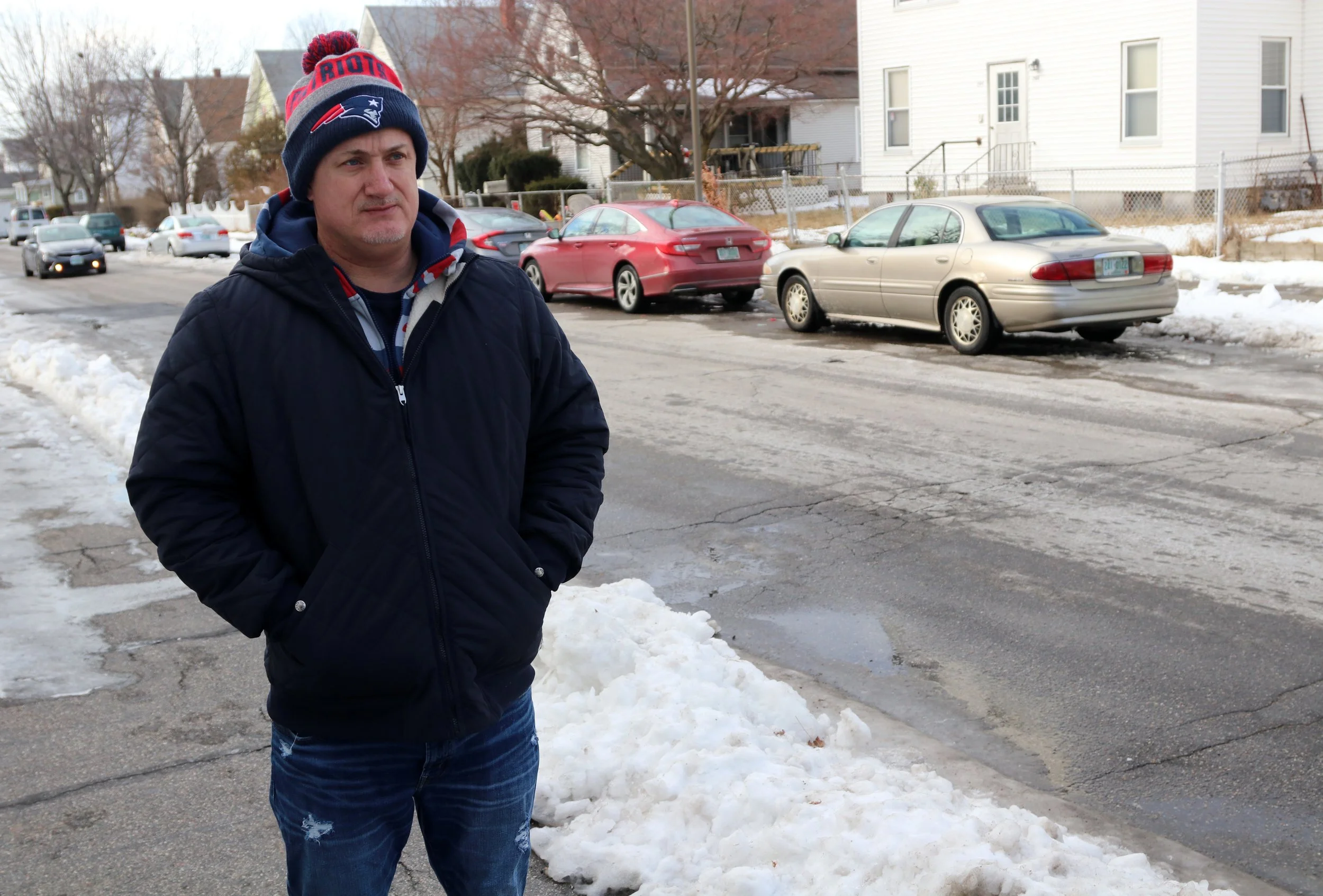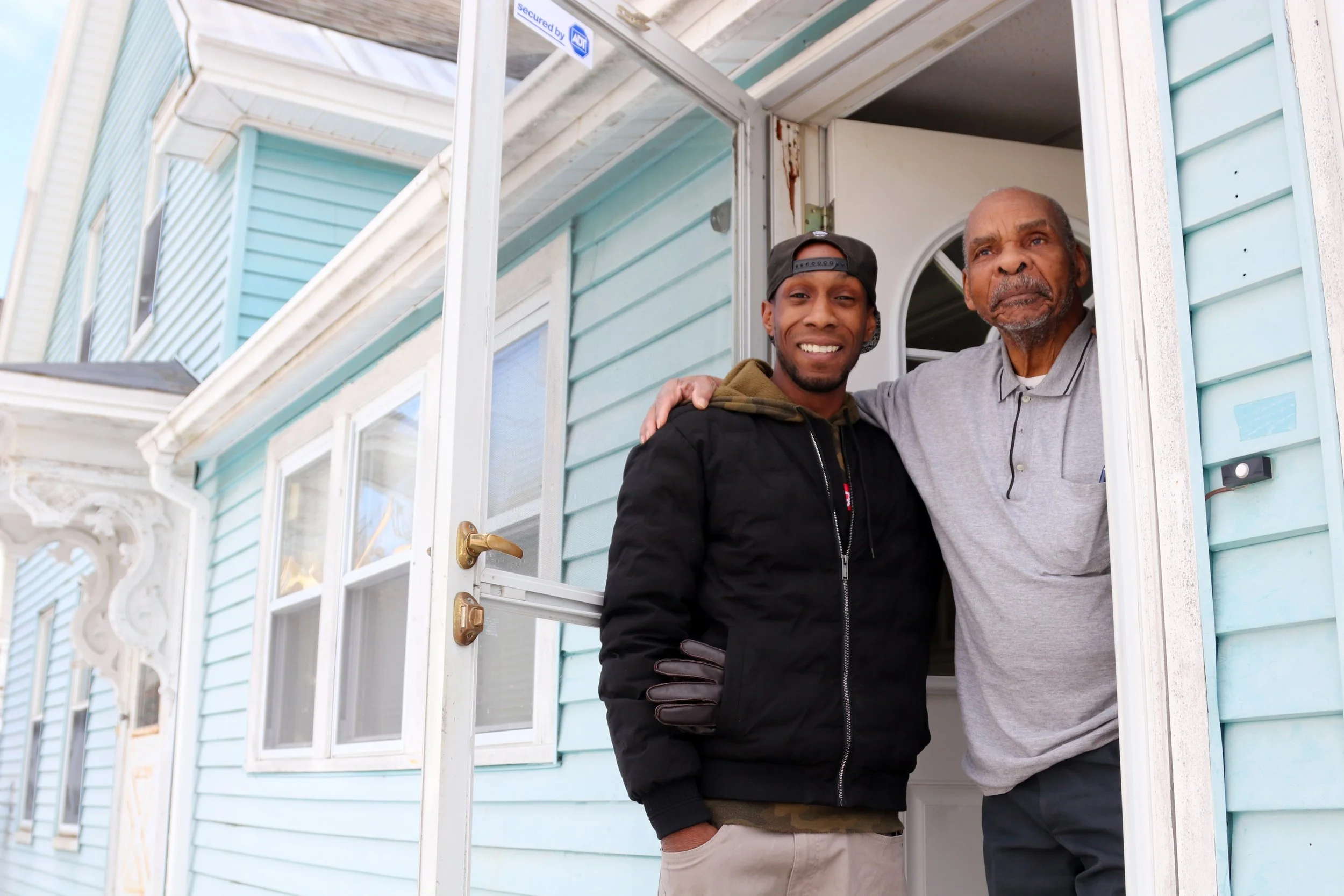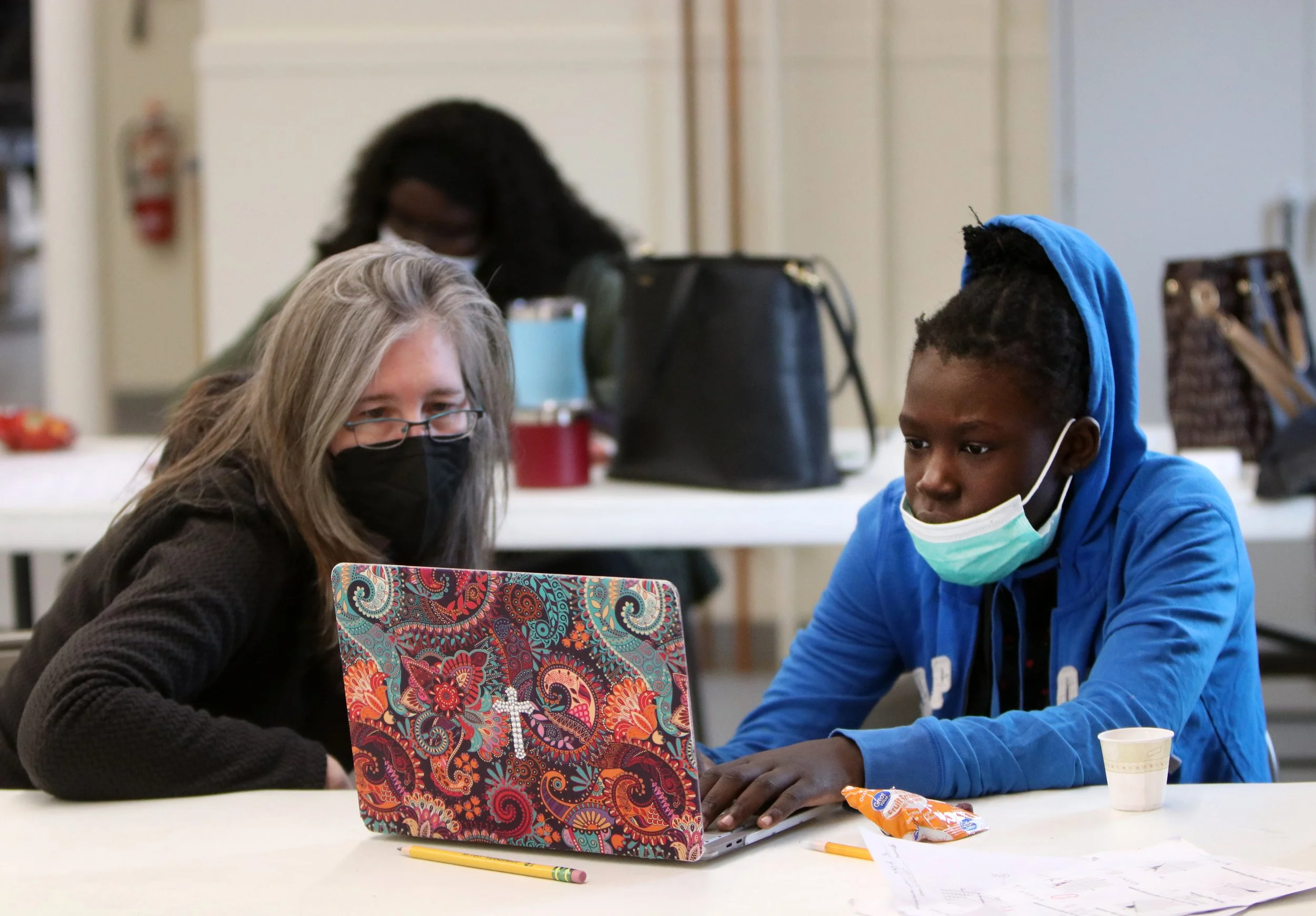INVISIBLE WALLS
“Invisible Walls” is a joint project of the Granite State News Collaborative, NH Business Review, Business NH Magazine and NH Public Radio that describes how exclusionary zoning laws have reinforced areas of persistent poverty, impacting many aspects of community life, including crime, public health, affordable housing and access to economic opportunity in Manchester. The team used Manchester as a case study, but the same sorts of exclusionary zoning practices present in Manchester are common across the state, and likely have had similarly-broad effects.
The edit team leading the project included Matt Mowry, editor of Business NH Magazine, Johnny Bassett, data editor at Granite State News Collaborative, and Jeff Feingold, editor at NH Business Review. Editors Carol Robidoux from Manchester Ink Link as well Daniela Allee and Cori Princell from NH Public Radio also contributed input, reporting, video, audio and editing to the project. Reporters on the project include Kevin Andrade, Johnny Bassett, Kelly Burch, Judi Currie, Jeff Feingold, Nour Habib, Ryan Lessard, Gabriela Lozada, Matt Mowry and Dave Solomon. Bill Wilkinson also contributed research to this story. More stories in the series can be found at collaborativenh.org and through partner outlets.
The team recently explained the genesis of the project and what’s next on NH PBS’s The State We’re In. Watch to learn more.
Carl Connor tries his best to share the wisdom and love he rarely got from grown-ups when he was young, and which he regrets not being around to give to his own son, to disadvantaged youths starting to get into trouble in the Queen City. After Jaden’s death, Connor became a Street Outreach Worker for the non-profit MYTURN and its Project Connect program, which seeks to support young people, divert them from the justice system and set them up for success. Outreach workers like Connor mentor troubled youths and try to keep them from potential run-ins with the law.
Joseph Lascaze grew up in Manchester with relatives who emigrated from Haiti. He remembers dribbling soccer balls with his cousins outside his uncle’s house on Laurel Street, playing basketball with friends at Pulaski Park and visiting a Union Street store for its Latin soft drinks after church. Nearly everywhere he went, he would see police scouring the center city.
In Manchester, center city is notorious for its high crime rate and low-income, high-density housing. But a nonprofit and a neighborhood initiative are trying to change that with community engagement and beautification initiatives that include installing artwork throughout the neighborhood.
The persistence of center city’s crime issues is easy to spot in the last decade of crime data from the Manchester Police Department (MPD). According to the collaborative’s analysis of calls for police service between 2006 and 2020, the number of crimes reported per resident was significantly higher in center city than anywhere else in Manchester (see map). Compared to the suburbs in northwestern and northeastern Manchester, parts of center city reported roughly five times as many calls for service.
On Sunday afternoons a group of tutors, students and parents meets at the SEE Science Center in Manchester. They’re there for a tutoring initiative organized by the Manchester Community Action Coalition (MCAC), an organization dedicated to serving Black, Indigenous, immigrant and other marginalized communities in Manchester.
The Ghalleys’ apartment sits near the top of Douglas Avenue in Manchester, just before it exits the Piscataquog neighborhood to meander through Notre Dame. A large pile of trash—the accumulated refuse from six families in a city with only two collection days a week—sits outside.
Homelessness, like high blood pressure or family wealth, is often inherited by the next generation. That’s the sad reality Stacie Pickford Baez of Jaffrey found herself in as soon as she reached adulthood. To Baez, it seemed like everything in her youth made her destined to bounce from friend’s couch to friend’s couch for years.
This week, The State We’re In host Melanie Plenda discusses the data available surrounding loan practices, whether or not they are discriminatory, and what that means for residents and communities in New Hampshire. To discuss the details are three journalists who've been working on a series about housing and equity in New Hampshire: Jeff Feingold, editor of the New Hampshire Business Review; Granite State News Collaborative data and research editor Johnny Bassett; and reporter David Solomon.
Banks have a simple answer when confronted with high denial rates for Hispanic mortgage applicants: You don’t know the whole story.
So many factors go into consideration of a mortgage, refinance or home equity loan that bank officials say it is difficult to find two equally situated applicants, one white and one Hispanic, to prove discrimination.









There’s a section of Manchester, Center City, shaped by history and perpetuated by vested property interests, that isn’t like surrounding communities. It’s where Amoskeag’s unskilled laborers, often new immigrants, found their first foothold in tenement housing 150 years ago and where today’s zoning laws stand like invisible walls to consolidate the city’s lowest-income residents.